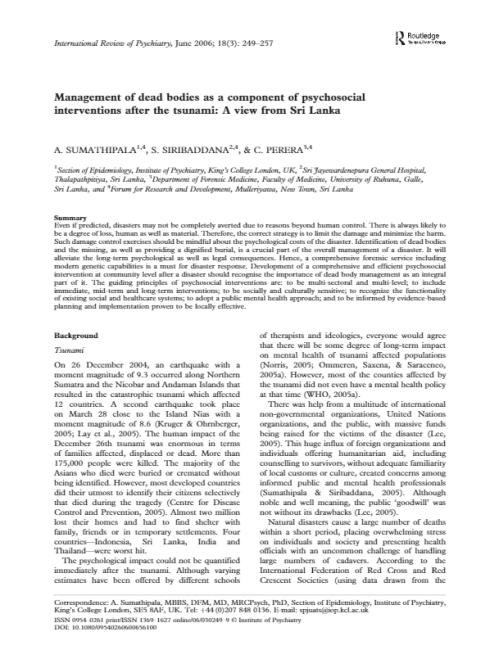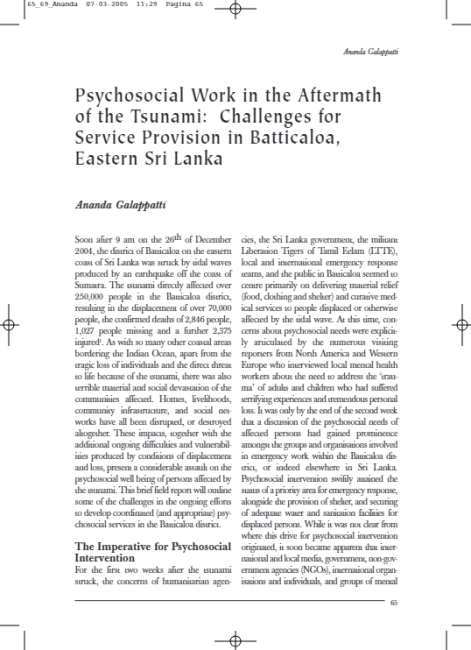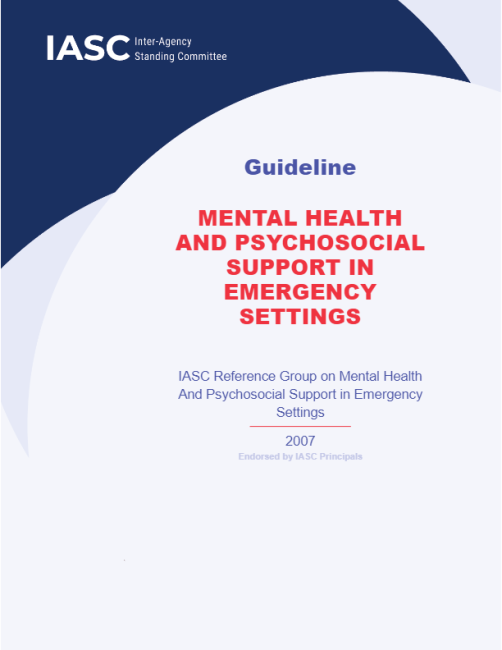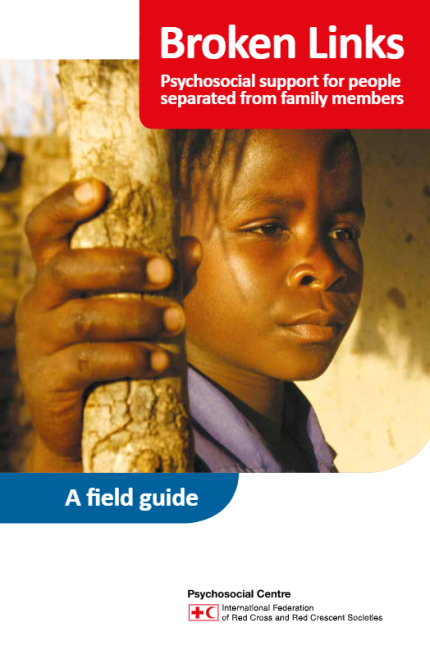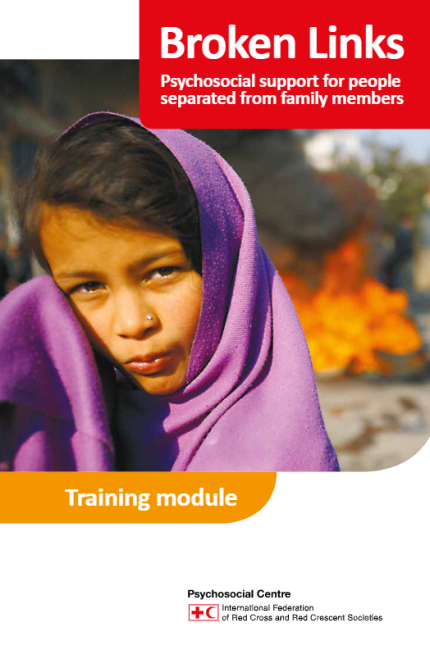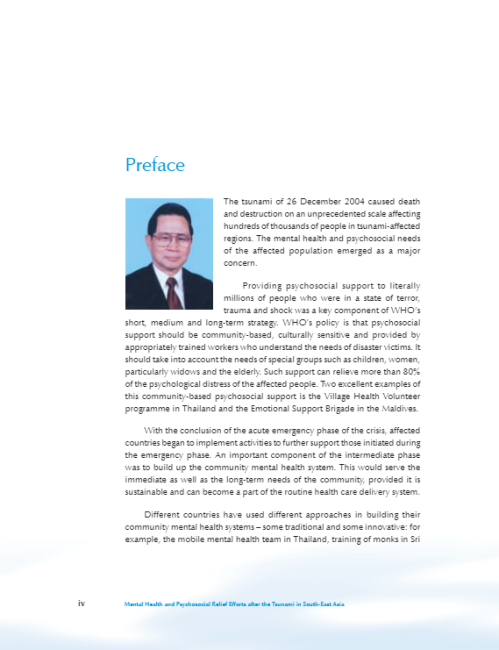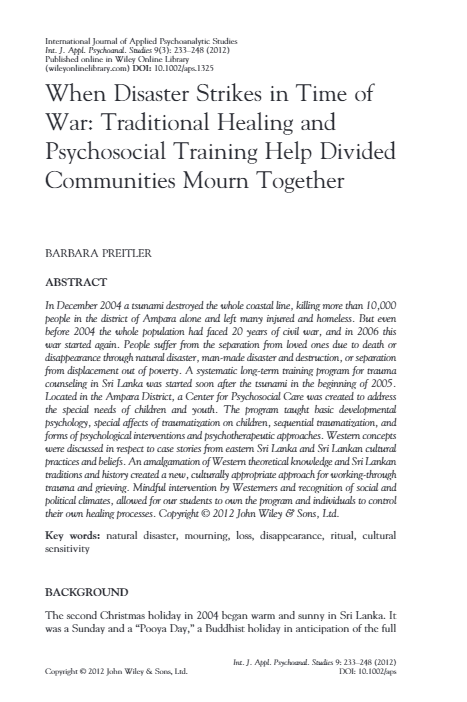
When Disaster Strikes in Time of War: Traditional Healing and Psychosocial Training Help Divided Communities Mourn Together
In December 2004 a tsunami destroyed the whole coastal line, killing more than 10,000 people in the district of Ampara alone and left many injured and homeless. But even before 2004 the whole population had faced 20 years of civil war, and in 2006 this war started again. People suffer from the separation from loved ones due to death or disappearance through natural disaster, man-made disaster and destruction, or separation from displacement out of poverty. A systematic long-term training program for trauma counseling in Sri Lanka was started soon after the tsunami in the beginning of 2005. Located in the Ampara District, a Center for Psychosocial Care was created to address the special needs of children and youth. The program taught basic developmental psychology, special affects of traumatization on children, sequential traumatization, and forms of psychological interventions and psychotherapeutic approaches. Western concepts were discussed in respect to case stories from eastern Sri Lanka and Sri Lankan cultural practices and beliefs. An amalgamation of Western theoretical knowledge and Sri Lankan traditions and history created a new, culturally appropriate approach for working-through trauma and grieving. Mindful intervention by Westerners and recognition of social and political climates, allowed for our students to own the program and individuals to control their own healing processes.


